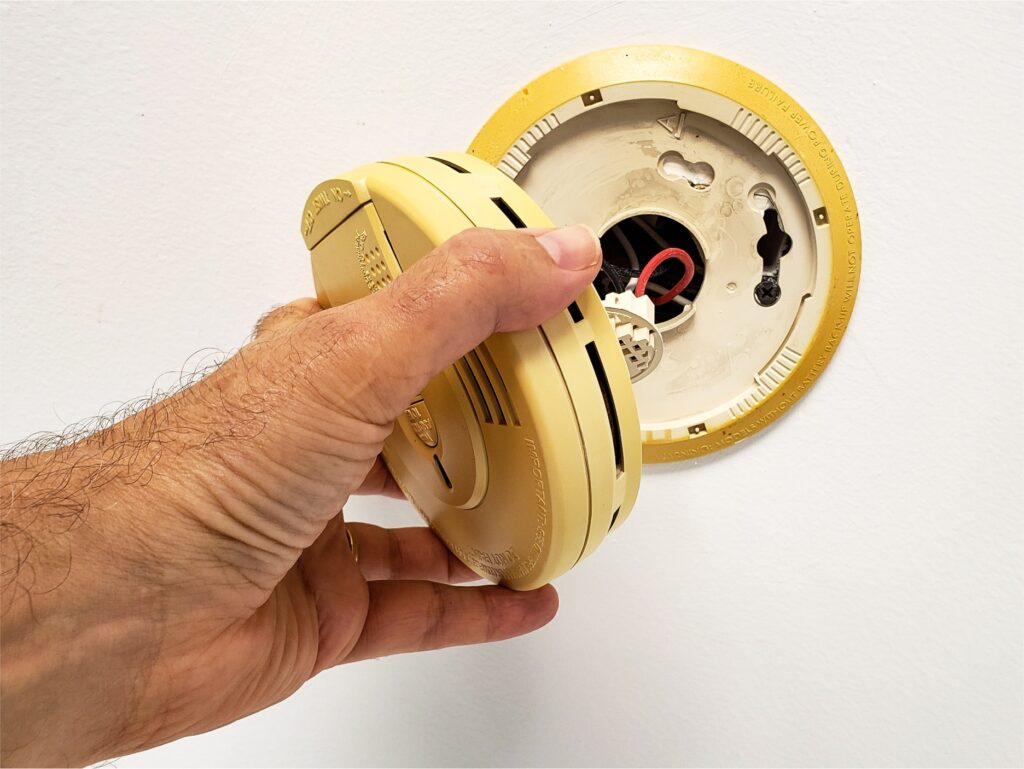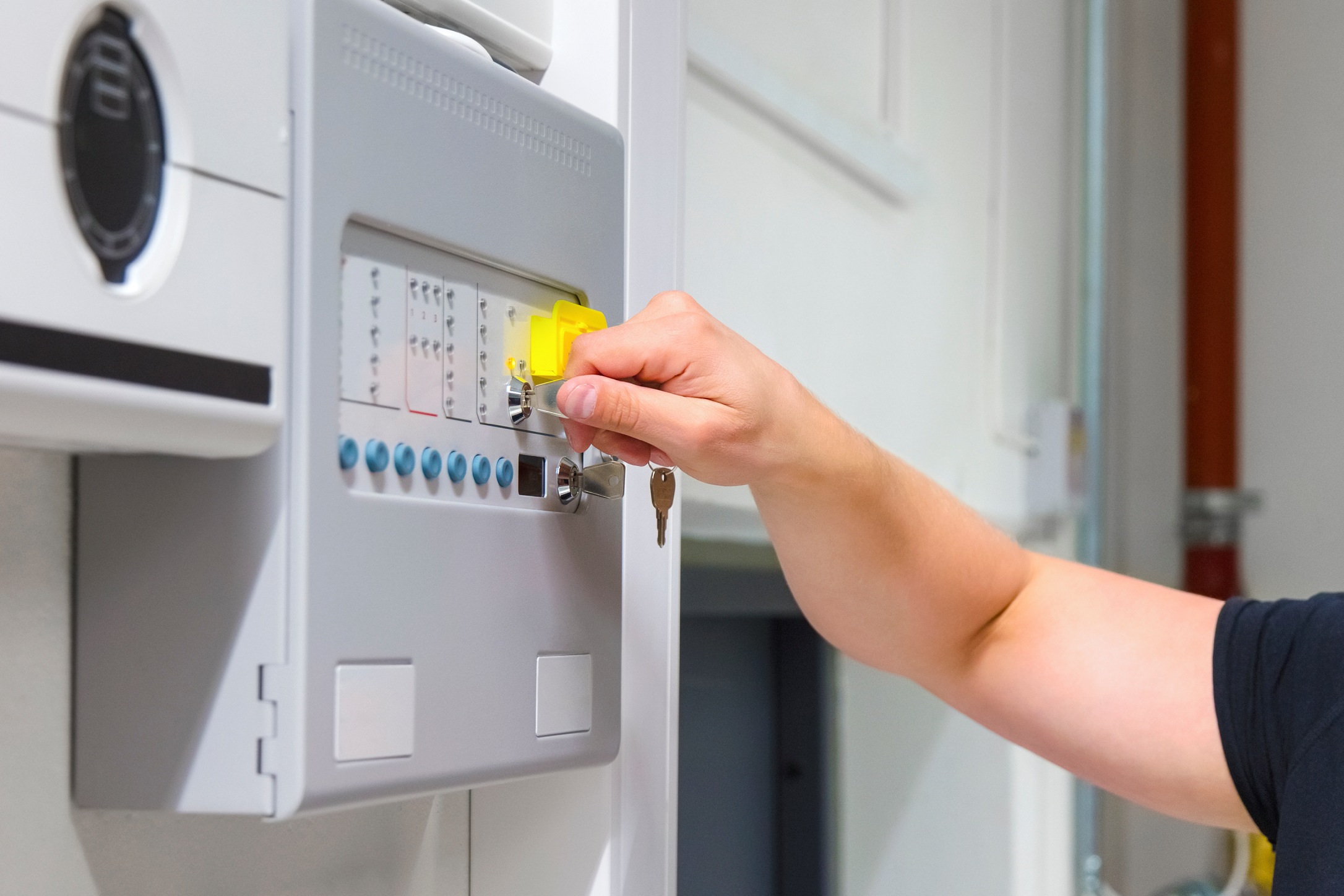Fire alarms are crucial components of any building’s safety infrastructure, providing early warnings that can save lives and minimise property damage in the event of a fire. Regular testing and maintenance of fire alarms ensure that they are functioning correctly and reliably. But how often should these fire alarms be tested?
This guide delves into the recommended frequencies for testing fire alarms and the best practices to ensure your system is always operational.
The importance of regular fire alarm testing
Before discussing the specifics of testing frequencies, it is important to understand why regular testing is essential. Fire alarms are not just mandatory by law; they are a vital line of defence in emergency situations. Regular testing helps to:
- Ensure the system is operational and can detect fires promptly.
- Identify and rectify faults or malfunctions.
- Comply with legal and insurance requirements.
- Provide peace of mind to building occupants and owners.
Legal requirements and standards
In the UK, the maintenance and testing of fire alarms are governed by several regulations and standards, primarily the Regulatory Reform (Fire Safety) Order 2005 and the British Standard BS 5839. These regulations set out the responsibilities of building owners and employers regarding fire safety measures.
Weekly testing
The British Standard BS 5839 recommends that fire alarm systems should be tested weekly. This involves conducting a manual call point test to ensure that the system is functioning correctly.
The test should be carried out at the same time each week, and a different manual call point should be tested each time to ensure the entire system is checked over a period. This process helps to confirm that the control panel can receive and process signals from the alarms and that the alarms are audible throughout the building.
Monthly testing
In addition to weekly tests, it is also advisable to conduct monthly tests. These monthly checks often involve:
- Visual inspections of all components, including manual call points, detectors, and control panels.
- Ensuring batteries and power supplies are functioning correctly.
- Checking for any physical obstructions that might affect the performance of detectors and alarms.
Quarterly and bi-annual testing
Every three months, more comprehensive inspections should be carried out. These are typically performed by a professional fire alarm maintenance company and include:
- Testing all manual call points.
- Inspecting and testing all detectors.
- Checking the fire alarm control panel for faults.
- Ensuring all signal pathways are clear and operational.
Every six months, a more detailed inspection should be conducted. This includes everything from the quarterly inspection plus:
- Testing all alarm devices (e.g., bells, sirens, and strobe lights) to ensure they are functioning correctly.
- Checking the battery life and power supply systems more thoroughly.
- Ensuring that all communication links (to monitoring stations or emergency services) are operational.

Annual testing
Annual testing and maintenance are the most comprehensive and should be performed by qualified fire alarm engineers. During this inspection, all components of the fire alarm system are tested, inspected, and serviced. This includes:
- Testing every manual call point, detector, and alarm device.
- Thoroughly inspecting the wiring and connections.
- Checking the battery backup system.
- Reviewing the fire alarm system’s logbook and documentation to ensure all records are up to date and compliant with regulations.
Record keeping
It is essential to maintain detailed records of all fire alarm tests and maintenance activities. This log should include:
- Dates and times of tests and inspections.
- Details of any faults identified and the actions taken to rectify them.
- Names and contact details of individuals who performed the tests and maintenance.
- Any modifications or updates made to the system.
These records are not only useful for internal monitoring and ensuring ongoing compliance but are also crucial in the event of a fire or an audit by fire safety authorities.
Best practices for fire alarm testing
To ensure your fire alarm system remains reliable and effective, follow these best practices:
- Train staff and designated personnel in conducting regular tests and understanding the system’s operation.
- Use only qualified professionals for comprehensive inspections and maintenance.
- Stay informed about changes in fire safety regulations and standards to ensure ongoing compliance.
- Regularly review and update your fire safety plan, incorporating findings from tests and inspections.
Keep your fire alarm operational and reliable
Regular testing of fire alarms is not just a legal obligation but a critical component of building safety. By adhering to the recommended testing frequencies—weekly, monthly, quarterly, bi-annually, and annually—you can ensure that your fire alarm system remains operational and reliable.
Proper record-keeping and adherence to best practices further enhance the effectiveness of your fire safety measures, providing peace of mind and protection for all building occupants.
If you would like to find a fire alarm that works for your building, explore our range of fire and life safety solutions.
